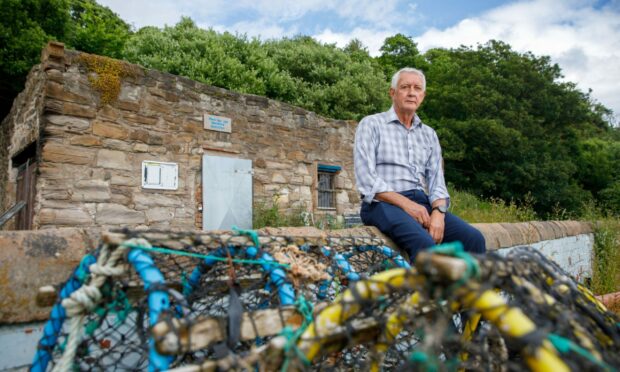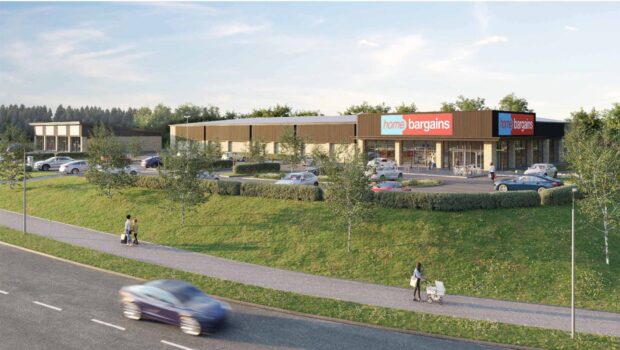A blueprint for Scotland’s first buffalo mozzarella factory has been passed by planning officials.
The £1.42 million project moved closer to fruition earlier this year when a crowdfunding campaign hit its £800,000 target.
Planning permission for the development at Bankhead of Raith Farm contains a condition the factory cannot be brought into use until a buffalo milking parlour on site is up and running.
It is thought this is a formality, meaning Fife farmer Steve Mitchell’s plans to diversify his farming and food production business on the outskirts of Kirkcaldy can progress without too much delay.
He said: “Producing buffalo mozzarella has been on my list of priorities and dreams for years and I am over the moon that it will now become a reality.
“Local provenance is becoming increasingly important to many people for political, environmental and taste reasons and I look forward to producing the very best Scottish mozzarella for my customers to enjoy.”
Since Mr Mitchell founded his business almost 15 years ago by investing in a herd of imported water buffalo, he was awarded a Scottish Government grant and invited members of the public to join his founders club to make up a £800,000 shortfall, with those investing given the chance to name beasts in his 100-strong milking herd.
They will also have their names inscribed in the wall of the milking parlour.
Buffalo milk will be supplied directly to the factory, which will also receive delivery of cow’s milk produced in Scotland.
Case officer Jamie Penman highlighted the reasoning behind the council’s decision to approve the plans.
“Whilst it is considered that the proposed development is not required to ensure the survival of the existing rural business, it is accepted that not only would the proposed development help the business grow and become more economically resilient, it would also provide a wider economic benefit to the local economy.
“Furthermore, whilst it is also considered that a diary processing factory in principle, does not necessarily need to be located in the countryside, given the reasoning set out in this report, it is considered on balance that principle of this development in the countryside is justified.”
Mr Penman added that the small-scale nature of the factory, both in terms of output and associated vehicle trips, would have “no significant impact” on the character of the surrounding countryside.










